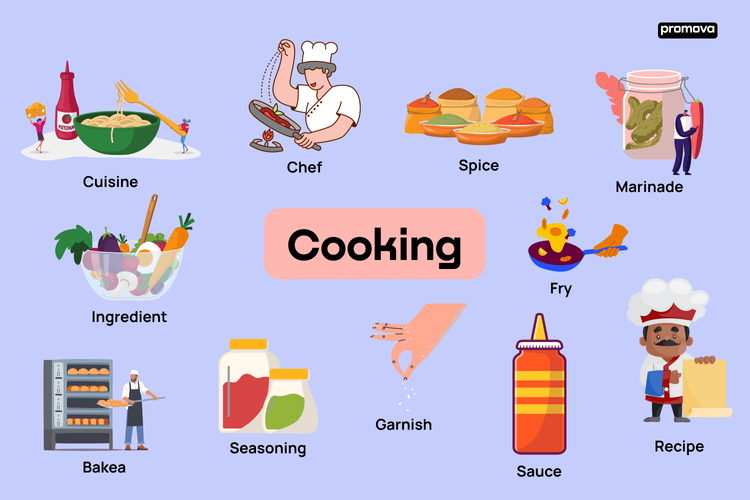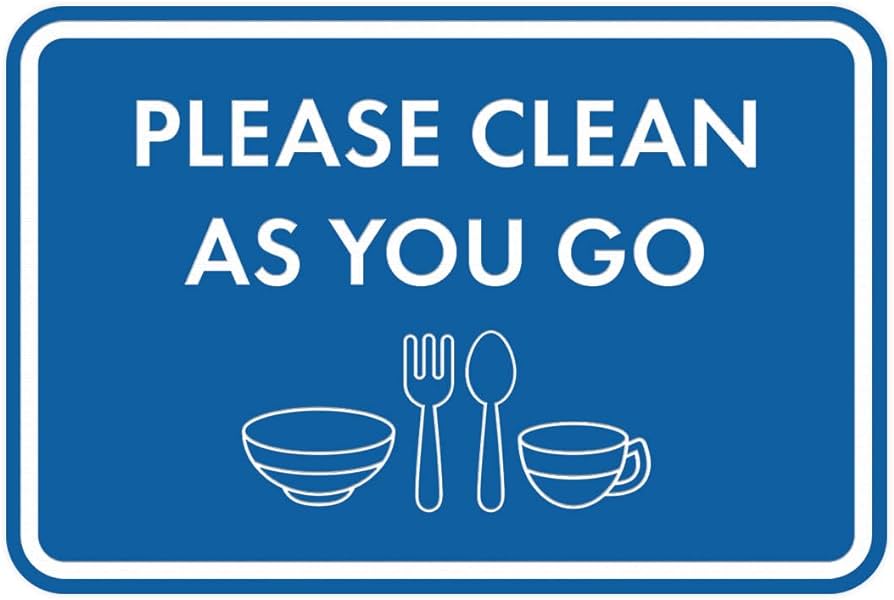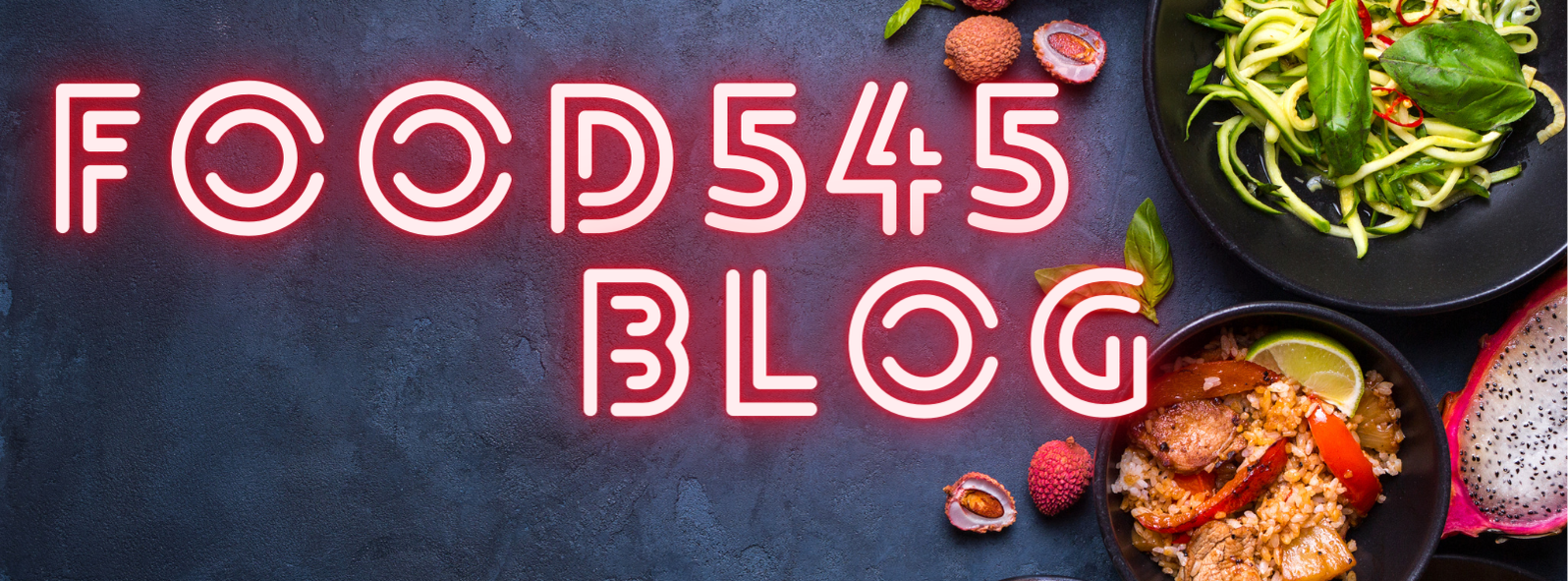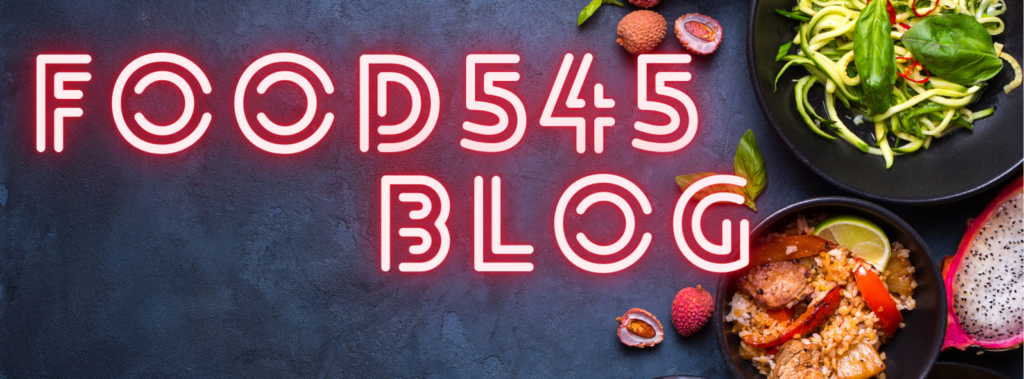Embarking on your cooking journey can be both exciting and overwhelming. For beginners, mastering the basics is key to building confidence and creating delicious meals. This guide offers essential cooking tips that will help you navigate the kitchen with ease. Whether you’re a novice cook or someone looking to refresh your skills, these tips will set you on the path to culinary success. Let’s dive into the essential tips every beginner should know!
1. Invest in Quality Kitchen Tools

Having the right kitchen tools can make cooking more efficient and enjoyable. Essential tools include a sharp chef’s knife, cutting boards, measuring cups, and mixing bowls.
Tip: Invest in a few high-quality pieces rather than a large number of cheaper items. A good chef’s knife and a sturdy cutting board are worth the investment and will last for years.
2. Understand Basic Knife Skills
Knife skills are crucial for both safety and efficiency. Learning how to properly chop, slice, and dice can speed up your cooking process and ensure uniform cooking.
Tip: Practice the claw grip for holding ingredients and the rocking motion for slicing. Always use a sharp knife to make cutting easier and safer.
3. Learn to Read and Follow Recipes
Recipes are your roadmap in the kitchen. Understanding how to read and follow them is essential for successful cooking.
Tip: Read the entire recipe before starting. Measure out all ingredients before you begin cooking to ensure a smooth process and avoid missing any steps.
4. Master the Basics of Food Safety
Food safety is critical to prevent foodborne illnesses. Basic practices include proper handwashing, cooking meats to the right temperature, and avoiding cross-contamination.
Tip: Use separate cutting boards for raw meats and vegetables. Always wash your hands thoroughly before and after handling food, especially raw meat.
5. Get Familiar with Common Cooking Techniques

Understanding common cooking techniques such as sautéing, boiling, and baking will enhance your cooking skills.
Tip: Start with simple techniques like sautéing vegetables or boiling pasta. Once you’re comfortable, gradually explore more complex methods like roasting and braising.
6. Season Your Food Properly
Seasoning is crucial for adding flavor to your dishes. Salt, pepper, herbs, and spices can transform a bland meal into something delightful.
Tip: Start with a small amount of seasoning and taste as you go. Remember that you can always add more, but you can’t take it out once it’s in.
7. Use Fresh Ingredients When Possible
Fresh ingredients often have better flavor and nutritional value compared to processed alternatives.
Tip: Shop for seasonal fruits and vegetables, and try to use fresh herbs. If fresh ingredients aren’t available, frozen or canned options can be good substitutes.
8. Practice Mise en Place
Mise en place, which means “everything in its place,” involves prepping and organizing all your ingredients before you start cooking.
Tip: Measure out and prepare all ingredients before you begin. This helps ensure that you won’t miss any steps and makes the cooking process more efficient.
9. Don’t Be Afraid to Experiment
Cooking is an art as much as it is a science. Don’t be afraid to experiment with flavors and ingredients to find what you like.
Tip: Start by modifying simple recipes. Add different herbs, spices, or vegetables to see how they affect the flavor. Cooking is a learning process, so embrace the opportunity to try new things.
10. Clean as You Go

Keeping your workspace clean is essential for an enjoyable cooking experience and for maintaining food safety.
Tip: Wash dishes and clean spills as you cook. This will make the cleanup process less overwhelming and help you stay organized.
Conclusion
Starting out in the kitchen can be daunting, but with these essential cooking tips, you’ll build a solid foundation for your culinary adventures. Investing in the right tools, mastering basic skills, and embracing experimentation will help you grow as a cook and create delicious meals with confidence.
Remember, cooking is a journey, not a destination. Enjoy the process, learn from each experience, and most importantly, have fun!




